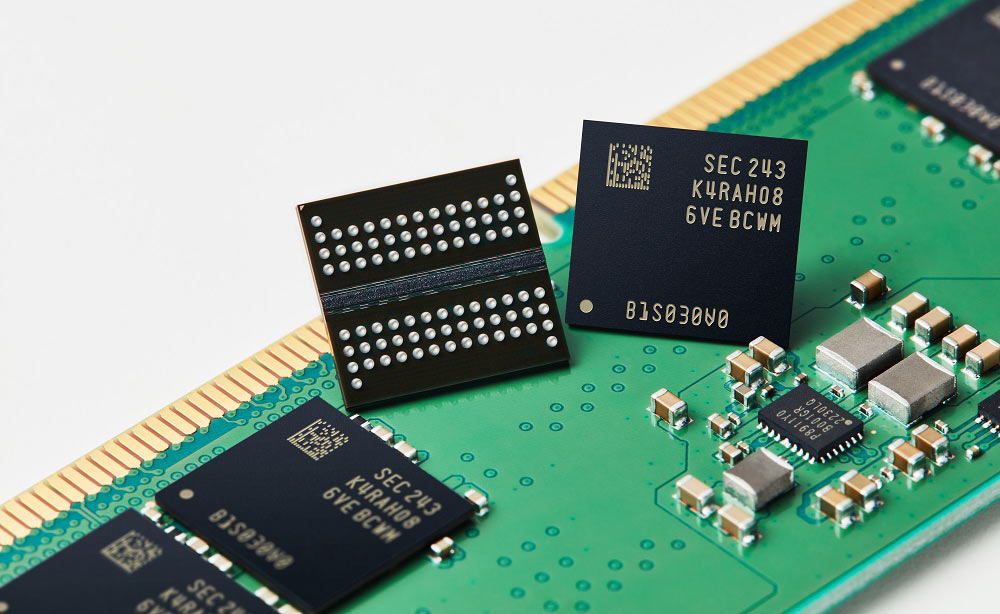
Memory makers have halted disclosing contract prices of DRAM in Q2 2024, following a major earthquake in Taiwan, which may point to potential price hikes. The earthquake disrupted wafer fab operations, impacting supply as Micron, Samsung Electronics, and SK Hynix are among those affected, reports DigiTimes. This situation may lead to sharper price increases than anticipated, as the industry was already aiming for higher prices before the quake, in a bid to recoup losses memory makers incurred in the previous years.
Micron ceased offering product quotes for the second quarter, shortly after the earthquake, with its Korean rivals quickly following suit. Industry insiders revealed that these leading memory chip manufacturers had already initiated measures to maintain a rising trend in their product prices before the April 3 quake. Now, it seems highly probable that the price hikes may be more pronounced than previously expected.
In the past, memory prices have typically surged following production disruptions caused by natural calamities or accidents. The latest incident could provide the vendors with chances to compensate for the losses incurred in 2022 and 2023. Prior to the quake, second-quarter DRAM and NAND flash contract prices were experiencing slower growth compared to the first quarter. Specifically, NAND flash prices had risen by 15% - 20% for the second quarter, as opposed to over 20% in the first quarter.
Following the earthquake, Micron announced that it would evaluate the impacts on its local production and supply chain. The company stated that it would then discuss supply schedules with its customers, hinting at potential changes in supply. Industry sources mentioned that memory fabs typically halt production during such strong earthquakes, which affects supply of memory wafers.
Memory module manufacturers, who are reportedly low on chip inventory, are now preparing for increased chip purchase costs. They had hoped that the rising price trends would decelerate, given the rising capacity utilization rates at chip suppliers. However, chip suppliers had significantly reduced production to sustain pricing last year, when demand was stagnant. Downstream customers, including server makers, might become aggressive in stocking memory products in anticipation of shortages, further driving up prices.
Although contract prices might be soaring, the spot market remains weak due to low demand from the consumer sector following the Lunar New Year. Apparently, there is still an abundant supply in the spot market, despite the disruptions and anticipated price hikes in the contract market, the report claims.







